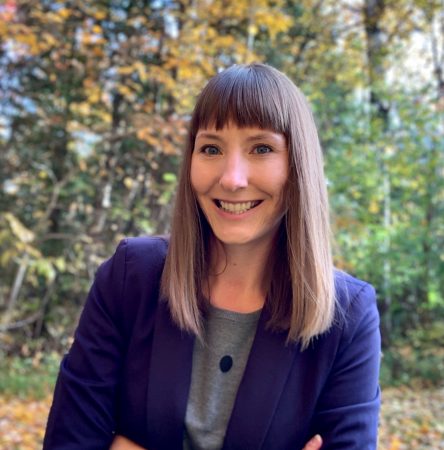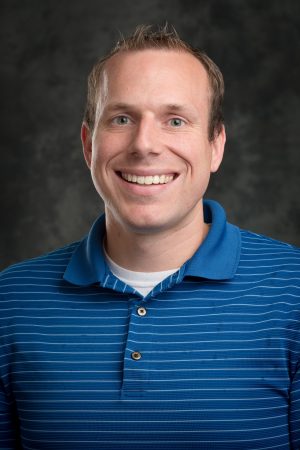Trista Vick-Majors (BioSci/GLRC) was quoted by the Associated Press, Canada’s National Observer, ABC News, MLive, Daily Mining Gazette, and Yahoo! News U.K. in a story exploring how an ongoing lack of winter ice cover could change the Great Lakes. The story mentioned a project launched by Vick-Majors to gather winter-specific lake samples for comparison to summer data, with researchers around the Great Lakes participating in sampling this month. The story was picked up by more than 300 news outlets nationwide, including the Washington Post, Houston Chronicle and Seattle Times. Vick-Majors was also interviewed in a WLUC TV6 segment about the impact low snow totals and ice cover have on ecosystems and agriculture.
Dr. Trista Vick-Majors is a microbial ecologist who studies microbial communities and biogeochemical processes in aquatic ecosystems. She is interested in how physical and chemical characteristics interact with microbial communities and their diversity. In addition, her work focuses on how seasonal change or ecosystem change, such as the formation of ice-cover, impacts these microbial communities. The interface of microbial ecology and biogeochemistry is where her research takes place.
About the Biological Sciences Department
Biological scientists at Michigan Technological University help students apply academic concepts to real-world issues: improving healthcare, conserving biodiversity, advancing agriculture, and unlocking the secrets of evolution and genetics. The Biological Sciences Department offers seven undergraduate degrees and three graduate degrees. Supercharge your biology skills to meet the demands of a technology-driven society at a flagship public research university powered by science, technology, engineering, and math. Graduate with the theoretical knowledge and practical experience needed to solve real-world problems and succeed in academia, research, and tomorrow’s high-tech business landscape.
Questions? Contact us at biology@mtu.edu. Follow us on Facebook and Instagram for the latest happenings.

